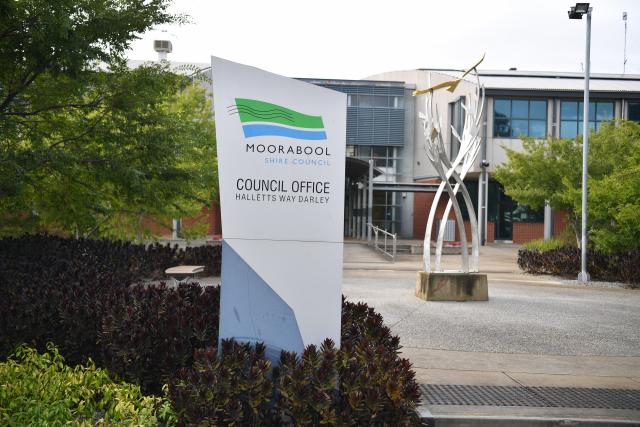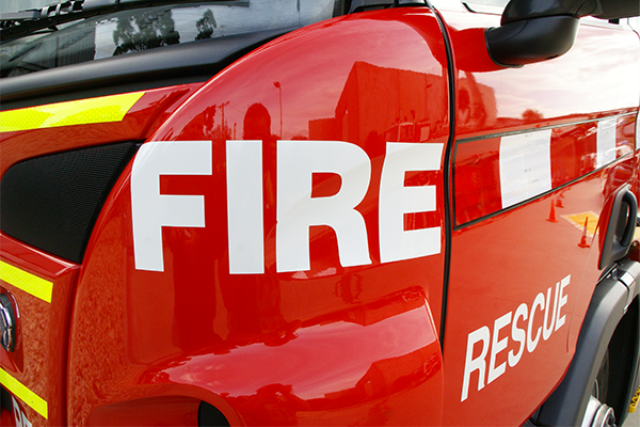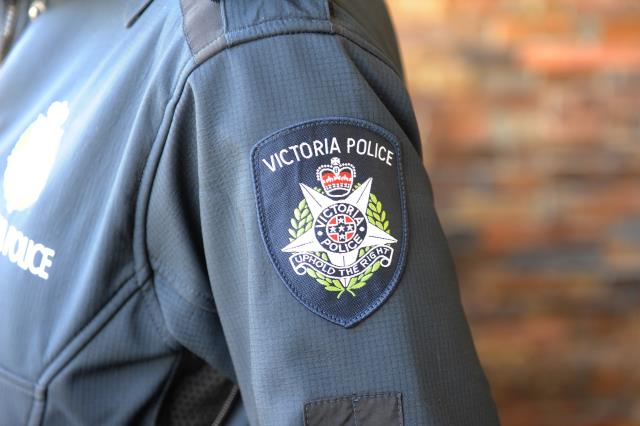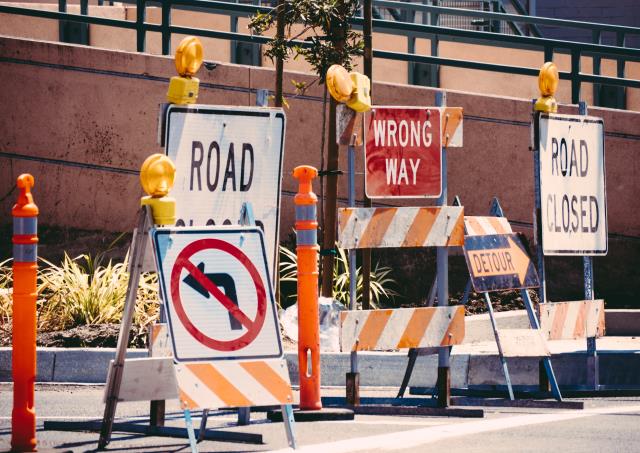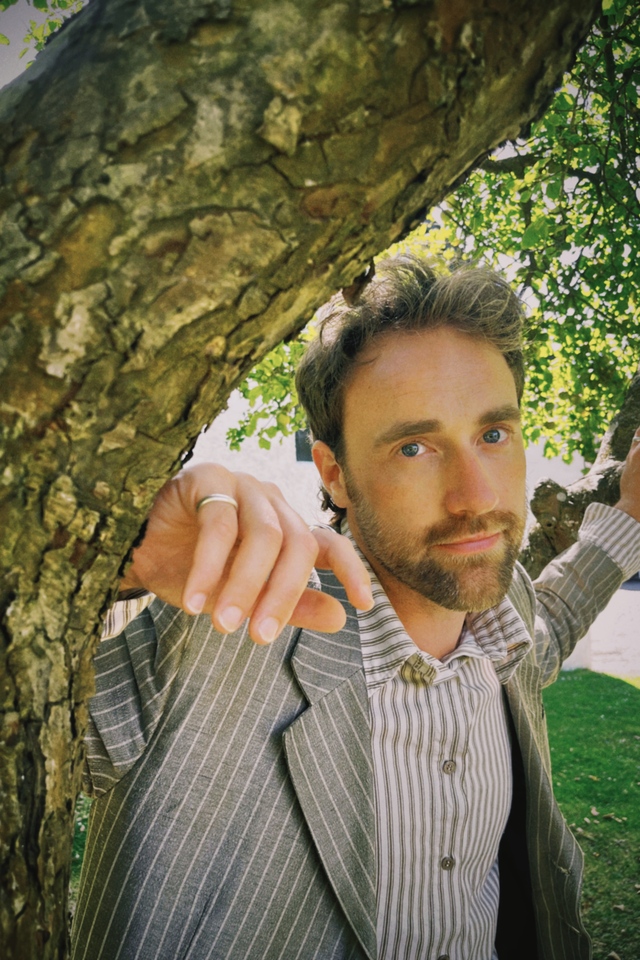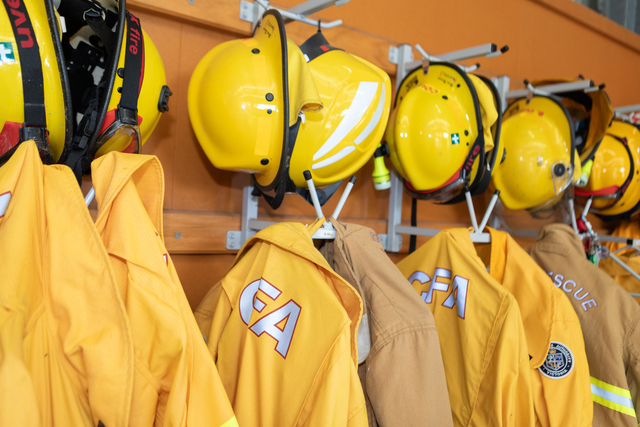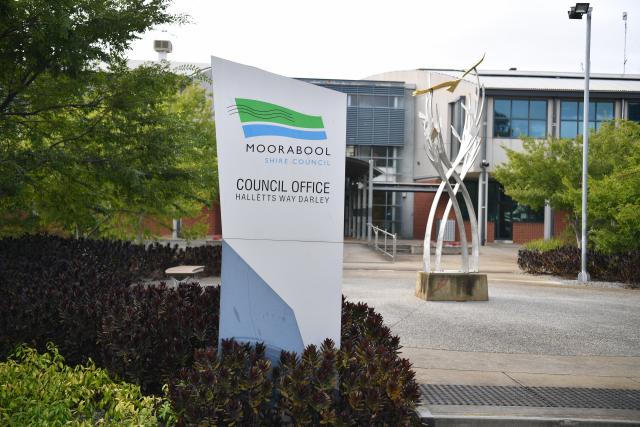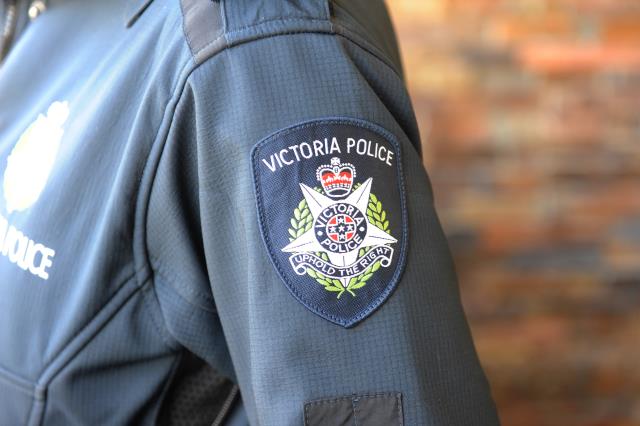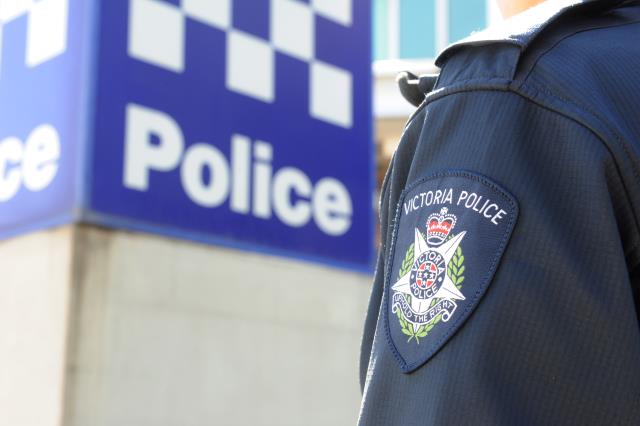Drug use in Melton surged 26 per cent in 2014, despite a 36 per cent drop in illicit drug cultivation and manufacture, according to the latest crime statistics.
Melton police’s Senior Sergeant Barry Jenks said the higher drug use figures were a result of the ice epidemic, while more police in the municipality had led to higher detection rates.
“We ran some operations, had high visibility and police presence,” Senior Sergeant Jenks said.
“Our priority has been around volume crime and catching the offender and a consequence of that is detection of people in possession of drugs.”
Senior Sergeant Jenks said theft of and from motor vehicles and burglaries continued to cause a serious workload for local police.
Theft from motor vehicles jumped to 462 in Melton in the year to December and, according to the Crime Statistics Agency, most Victorian offenders in the year to December were males between 15 and 19 (1445).
Burglaries in Melton rose to 1181 and theft to 3551 in the 12 months to December.
“Theft from motor cars is a crime of choice and it’s an easy one,” Senior Sergeant Jenks said.
“A lot of people leave their cars unlocked and leave valuables in cars and the offenders are not likely to encounter their victims.”
He said many thieves stole credit and debit cards from cars to use “for five or six hours”.
Meanwhile, assault and related offences fell by 10 per cent (886) and sexual offences by 30 per cent (136). But family violence reports to police rose by more than 13per cent in the year to December (1790 incidents) and by 55 per cent since December 2010.
Senior Sergeant Jenks said the community had no reason to feel threatened and unsafe in Melton and Caroline Springs.
Sergeant Ken Anderson, of the Melton family violence unit, said while family violence reported to police was increasing, he believed there was still a high number of incidents that weren’t reported.
“People are becoming more confident [about reporting it] and children can speak to someone at their school if they don’t want to speak to police, but certainly they should be speaking up,” Sergeant Anderson said.

